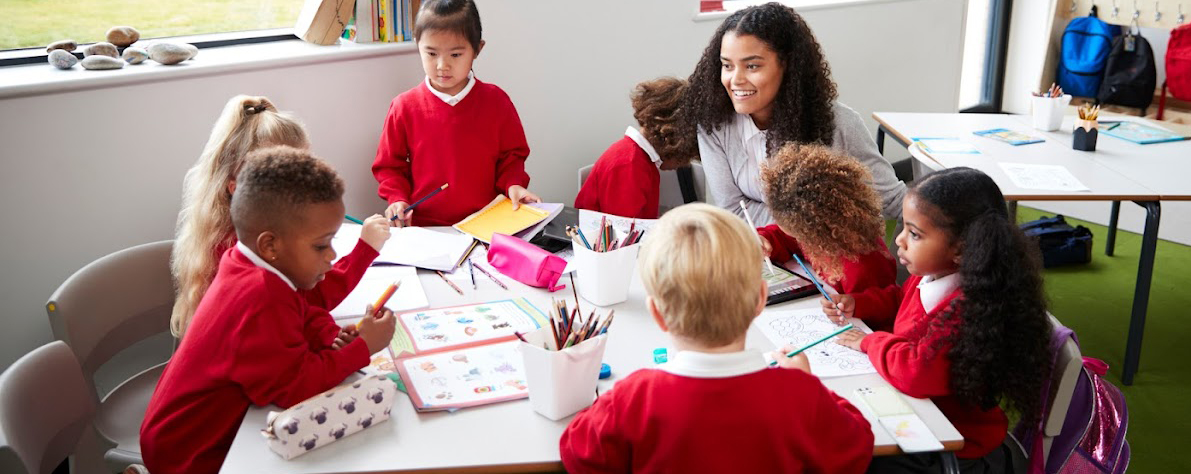
INL - Junior & Senior Infants Literacy
Actions & activities so support effective practice.
Is there a more important task for a teacher, than to teach literacy well?
A teacher of literacy has to:
- Foster oral language, as the foundation and wellspring for reading and writing skills
- Teach children to read fluently and well, off which they will take flight into whole new worlds as effortlessly as young birds take to the sky
- Let them start writing, no matter what, as the water does not flow until the faucet is turned on
These are the three pillars of literacy, the focus for every teacher of literacy, and the means through which every child can realise his or her full potential.
This course will inspire, assist and support you to:
- Conceive and compile an effective oral language programme for your class
- Devise and arrange the elements of a comprehensive reading skills programme
- Create and assemble an effective and comprehensive writing skills programme
Across the course, we present the pedagogy, principles and practices that drive effective literacy teaching; the actions and activities that make it interesting; and the assessments that help you decide how well they are doing, and how well you are doing.
If you are looking to lift your literacy practice, then this course is for you.
If you are looking for fresh new ideas, or even some twists on old ones, then this course is for you.
If you are looking to realise a promise to yourself to simply do a little better, then this course is for you.
Enrol today, and action all those aspirations!
NOTE:
The online format of this course enables you to study at a time and place that best suits your own needs.
You can access your course anytime until March 31st 2026.
Within this highly interactive web based course, a dynamic learning experience awaits, where you can interact with your fellow course participants through the in-course chat forums and communication tools provided by the CPD College learning system.
Our friendly and knowledgeable tutors actively support each course, providing expert interaction, guidance and feedback for all participants on chat questions and assignments which call for critical reflection, self-analysis and a reasoned response.
On successful completion of your course, you can download and print off your CPD record and certificate of completion.
We look forward to welcoming you to your course.
Teachers will be better able to:
- Compile an effective oral language programme, focusing on learner outcomes, quality learner experiences and incorporating high-quality teacher practice
- Develop the elements of a comprehensive reading skills programme, focusing on learner outcomes, quality learner experiences and high-quality teacher practice
- Create an effective and comprehensive writing skills programme focusing on learner outcomes, quality learner experiences and high-quality teacher practice
- Incorporate digital technology and tools into language learning experiences
- Implement the range of assessments across the strands
- Reflect on their individual preparation and practice across learner outcomes, learner experiences and use of digital tools
|
Module 1: Play & Oral Language 1
|
|
Module 2: Oral Language 2
|
|
Module 3: Reading
|
|
Module 4: Writing
|
|
Module 5: Poems & Rhymes
|
"Thank you for putting together such a fantastic, course. The barrier games, jolly phonics, Aistear information and lots of other topics were very helpful and the resources are fantastic. I will be teaching EAL again for the 2nd year. I have found the oral language module particularly helpful and insightful. The layout of the Jolly phonics information was very helpful. Thank you." - Shona, 2024
